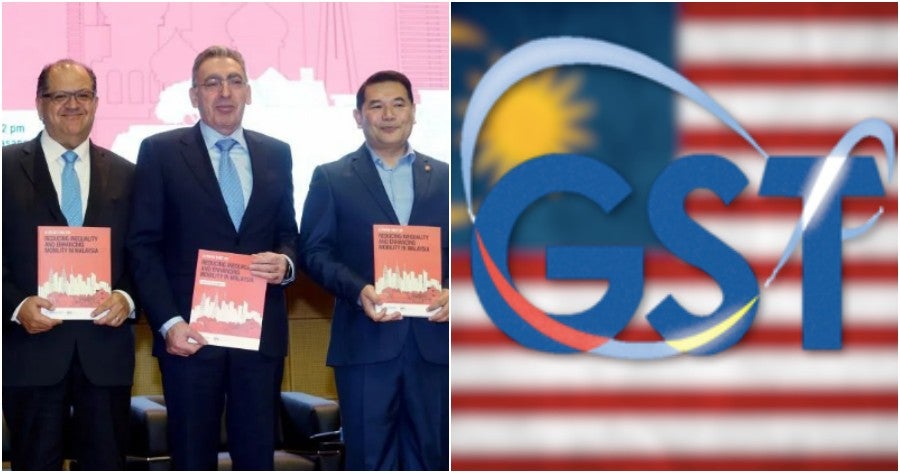The World Bank has suggested that Malaysia should make some tax changes, like bringing back the Goods and Services Tax (GST) or Value-Added Tax (VAT).
They pointed out that Malaysia’s tax collection is still lower than other lower-middle-income countries, which is holding back the government’s ability to spend on the country’s development.
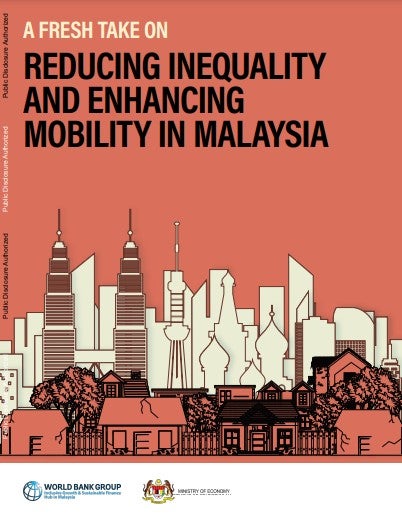
GST would boost long-term revenue
The World Bank‘s report, “A Fresh Take on Reducing Inequality and Enhancing Mobility in Malaysia,” said that this move would make the tax system more efficient and help reduce economic inequality. It also pointed out that these measures could significantly boost long-term revenue through both direct and indirect taxes.
Right now, Malaysia’s indirect tax revenue is only 3% of its GDP, which is below the average for low-income countries.
The World Bank stressed that boosting revenue could be done quickly by focusing on indirect taxes.
It suggested reintroducing the Goods and Services Tax (GST) or Value-Added Tax (VAT), both of which are seen as efficient tax systems that can be implemented quickly and broadly.
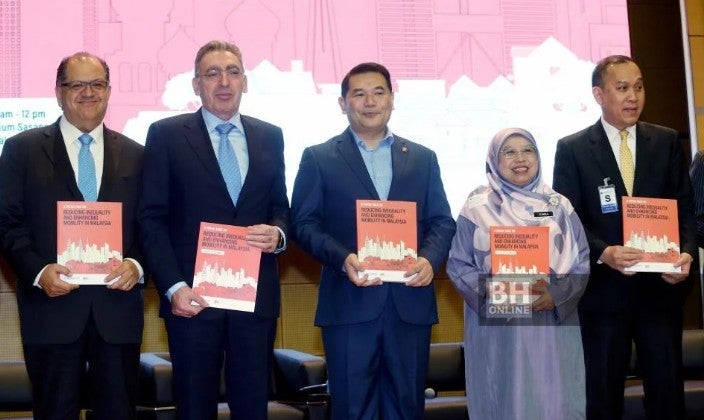
GST could add an extra 1% to GDP in revenue
The report says a simulation shows that switching from the current Sales and Services Tax (SST) to a 10% GST (which is the standard rate in the region) with few exemptions could bring in about 1% more of GDP in extra revenue, without affecting inequality much.
It also pointed out that the consumption tax could be more fair because lower-income households tend to spend more informally, which isn’t taxed.
On top of that, the World Bank estimates that another 1% of GDP could be raised by boosting individual income tax (PIT) revenue through the proposed tax changes.
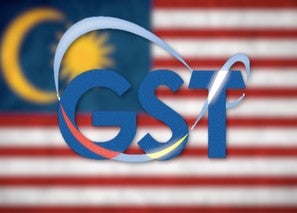
Increasing income taxes could reduce inequality
The report suggests that increasing income taxes on high-income groups could create fiscal space and reduce inequality while keeping the tax burden manageable.
It also recommends targeted aid and GST rebates for low-income households to offset the impact of GST hikes, ensuring poverty levels remain stable and generating additional fiscal savings.
The World Bank highlighted that Malaysia’s current tax system only reduces inequality at a rate similar to other upper-middle-income countries, and non-cash benefits like healthcare and education still fall short.
Better social assistance and tax rebates for the bottom 40% of households could help balance the impact of tax hikes and lead to savings equivalent to 2% of GDP.
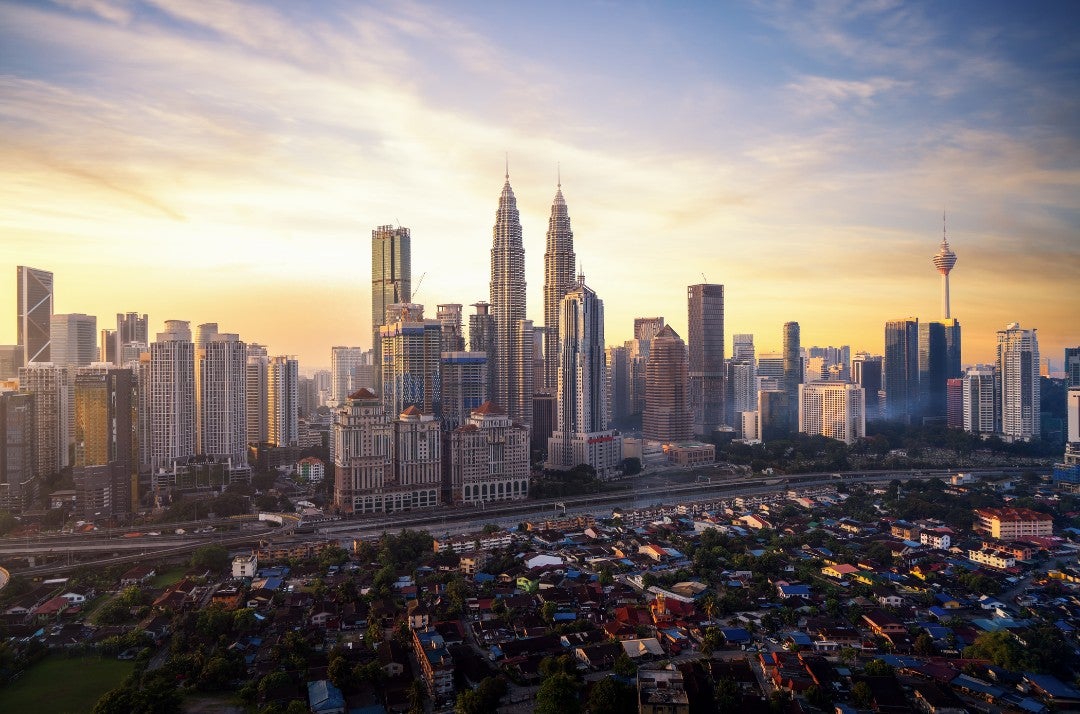
For illustration purposes only
The report suggests that removing fuel subsidies, reintroducing GST, offering tax rebates for low-income households, boosting social assistance to 1.5% of GDP with better targeting, reforming PIT, and investing in healthcare would help reduce inequality in Malaysia’s fiscal system.
It adds that this would move Malaysia’s fiscal system from the bottom half to the top half of countries in terms of reducing inequality.
What do you think of this? Share your thoughts with us in the comments!

